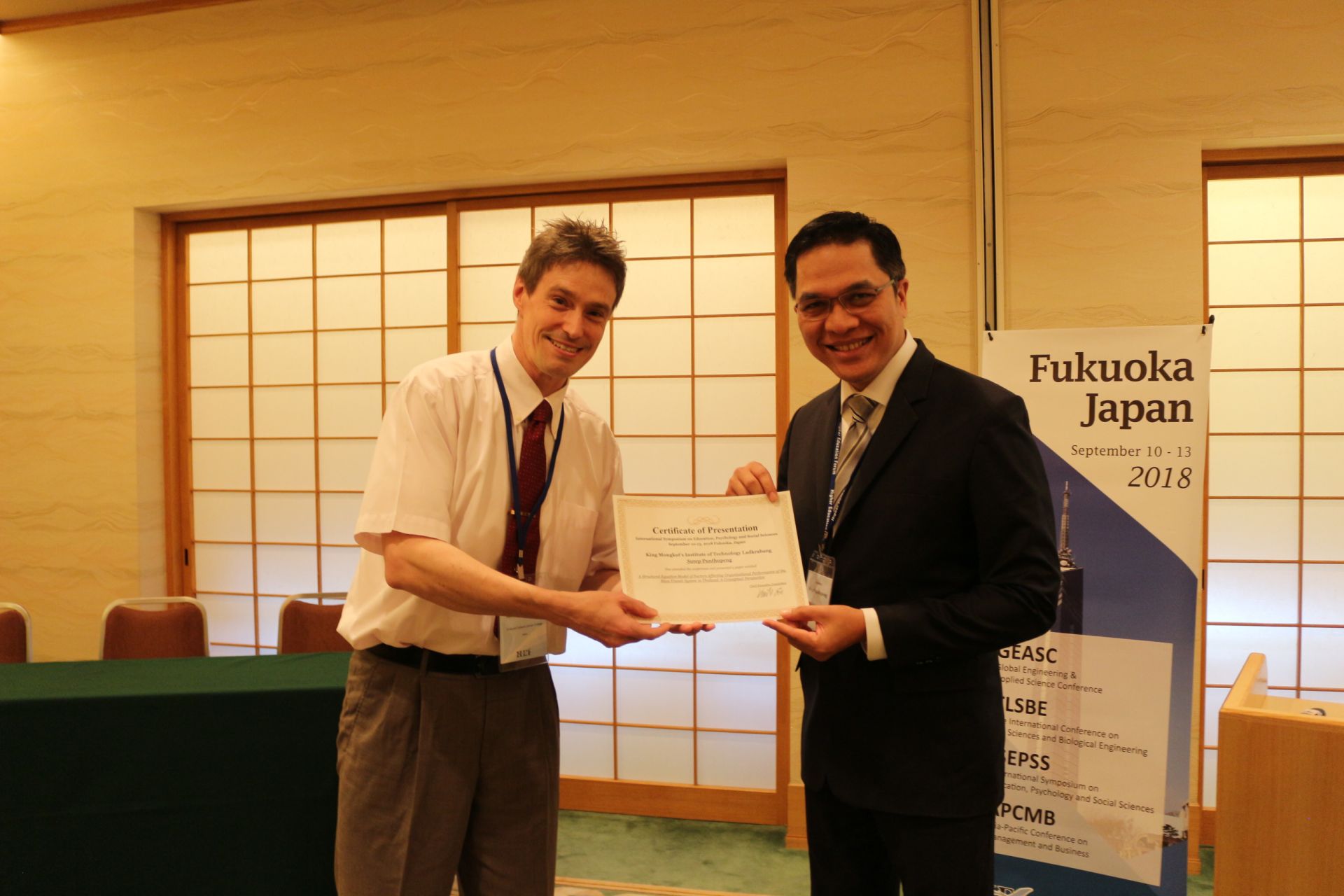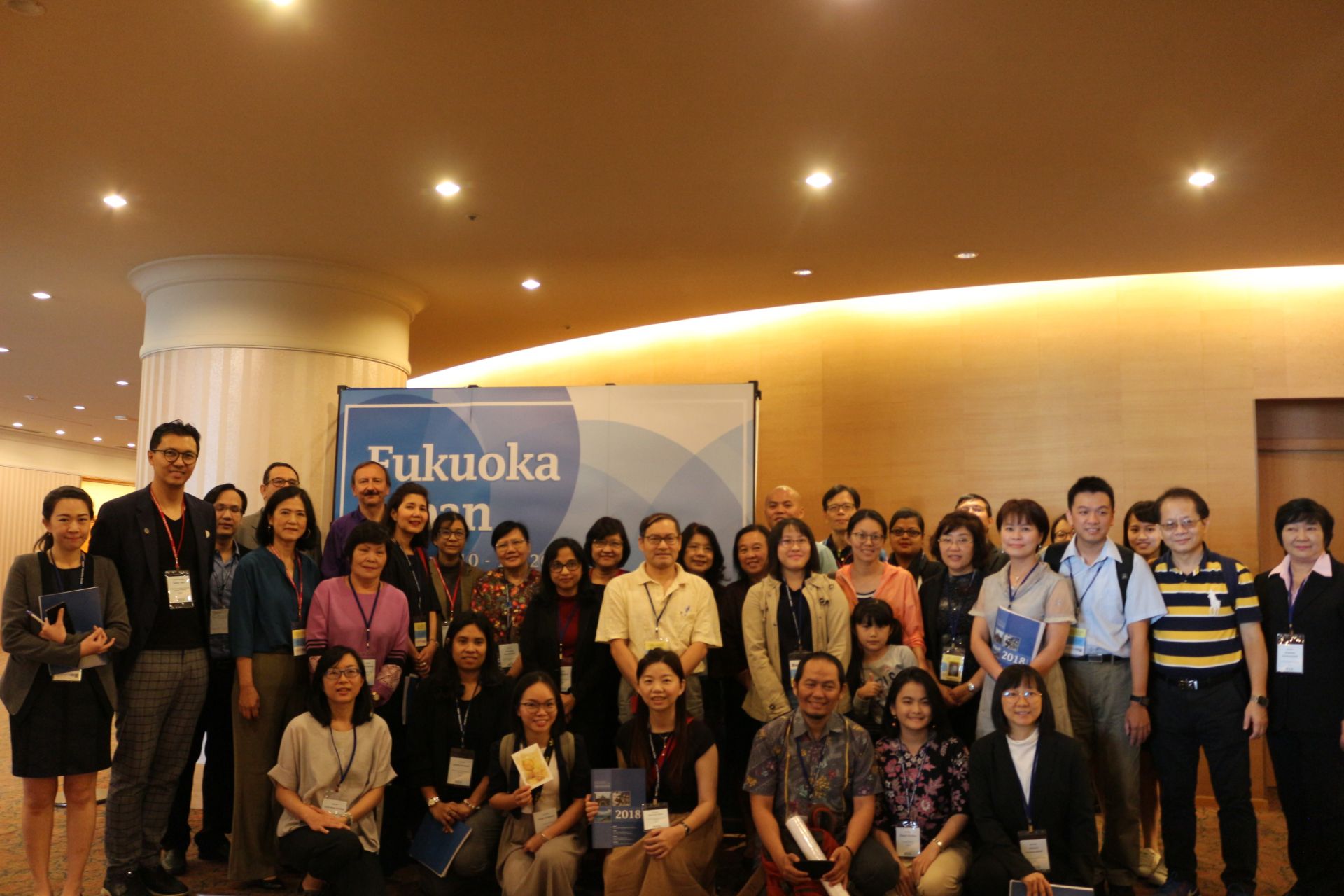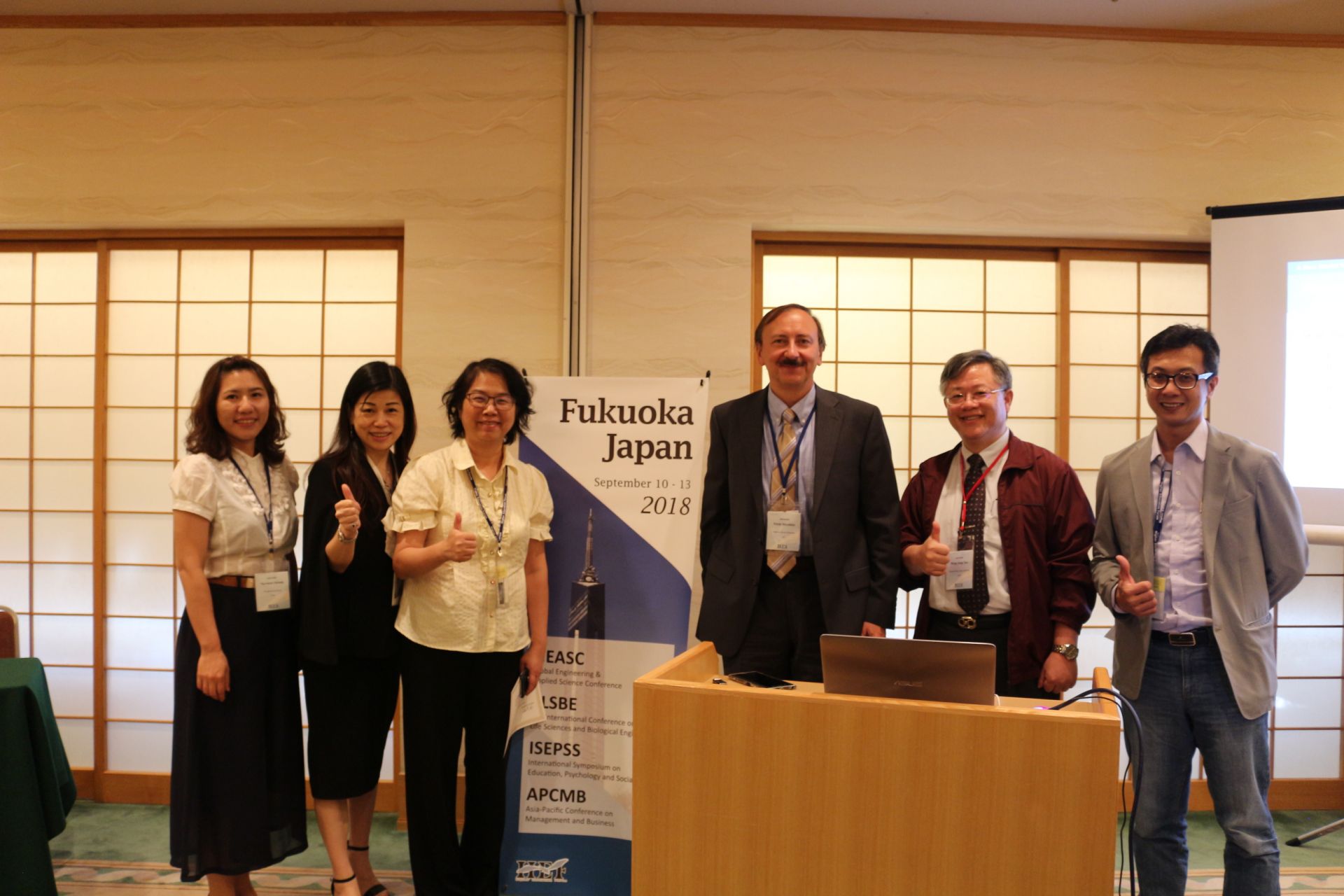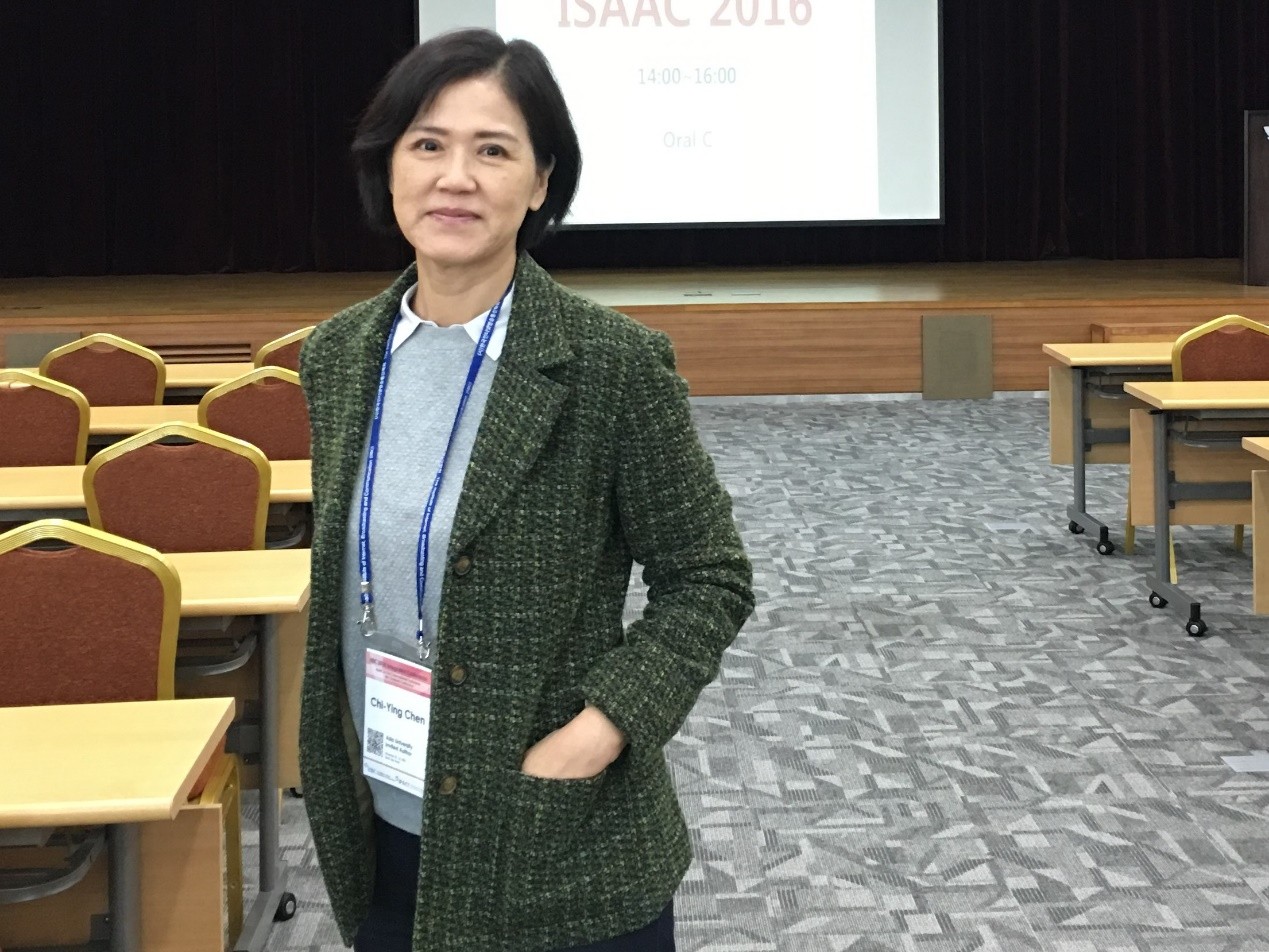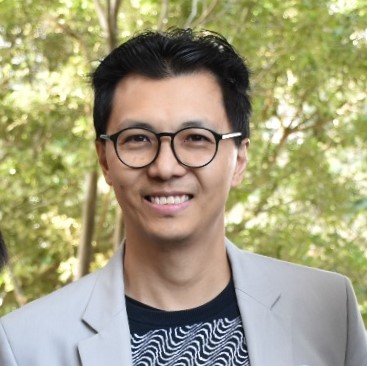2018 ISEPSS
The 6th International Symposium on Education, Psychology and Social Sciences
September 10-13, 2018 in Fukuoka, Japan
Keynote Address
Dr. Chi Ying Chen
Asia University
Topic : The Current Status and Future Aspects in the Research of Smartphone Use and Abuse
Abstract:
Dramatic progress has been achieved in the latest generation of mobile phones (i.e. smartphones) during the past decade and the smartphone becomes a necessity of our everyday life. Early studies on mobile phones have emphasized their positive applications including health promotion, education, communication, and global connectivity. However, in recent years, extensive research has been conducted to identify and analyze the dysfunctional use of smartphones, and accumulating evidence reveals that the overuse of smartphones is linked to negative outcomes. Nevertheless, the extant research on smartphone use has commonly focused more on generalized use, and less on specific forms. For some individuals, smartphones are used for instrumental or leisure purposes, whereas for others, their use is attributed to an emotional attachment to social networking applications (apps). Besides, many studies have empirically explored the relationship between psychological factors and the excessive use of smartphones under the framework of cognitive-behavioral model of problematic Internet use. However, the use of social mobile applications (apps) is the most popular activity; the influence of social factors should not be ignored given that social focus is an important characteristic of social mobile apps. Finally, research on this subject has focused on direct effects models exploring the associations between psychological problems and smartphone overuse. It is inadequate to elucidate the underlying mechanisms of various smartphone use, such as for information seeking, relationship maintaining, escape, etc. In conclusion, three potential orientations for future research are generalized. First, the observed use of smartphones should be specific. Second, the impact of social factors, such as social skill or social influences, should be included regarding social activities. Finally, direct effects models should be replaced by interaction or moderating effects models.
Keynote Address
Dr. Sonny Choy
Technological and Higher Education Institute of Hong Kong
Topic: Design at the Forefront of a Knowledge Economy: Creativity, Courage and Grit
Abstract:
Hong Kong has been headed towards a Knowledge Based Economy (KBE) since 2005. The Special Administrative Region continuously studies its statistical indicators to gauge the level at which it is achieving its KBE goals. The recent 2017/18 survey of Global Competitiveness conducted by the World Economic Forum places Hong Kong at 5th with a score of 5.5 out of a possible maximum seven points. Its close rival, Singapore, managed to score third place globally with 5.7 out of seven. Hong Kong has been placing increasing focus on its ability to innovate and leverage on its technological capabilities. Developing technology development hubs locally and across the border to China, Hong Kong has been stepping up the need for innovation that is born locally. Being a financial hub of Asia, it has also focused heavily on fintech development as well as investments entrepreneurial start-ups through government initiatives. The government is supporting designers and designpreneurs through a Design Incubation Programme that has nurtured more than 200 design startups from a variety of disciplines since 2006, offering them financial assistance and incubation services.
Hong Kong’s Design education sector caters to the needs of the local design industry while generating graduates who can work locally, but also across Asia and all over the world. Graduates become creative talent that facilitate Hong Kong’s innovation in areas such as consumer electronics, for example, where fast-changing consumer taste and rapid development of electronics and information technologies, lead to very short product cycles. Design graduates allow regional manufacturers to be more adaptable and responsive considering the faster pace of market changes and global competition. In this Keynote I will explore some examples of how 21 product design education is generating graduates who can meet the fast changing needs of industry in the region. A discussion will also be made on how government research funding is helping achieve the region’s sustainabilty agenda by researching “Sustainable Living” as our five-year strategic research theme which will formulate solutions to improving the environment. Finally we will explore how design students and graduates are encouraged to break through boundaries and work creatively despite the challenges presented in the fast changing global business landscape.


